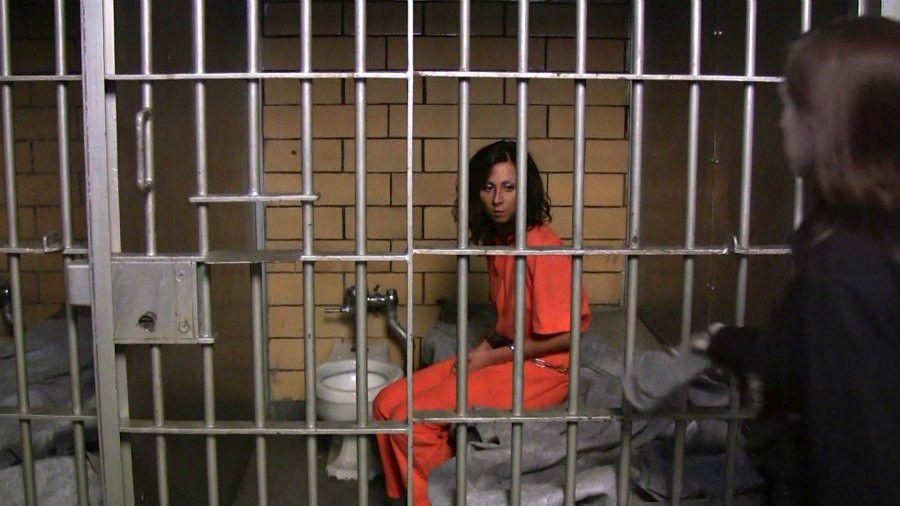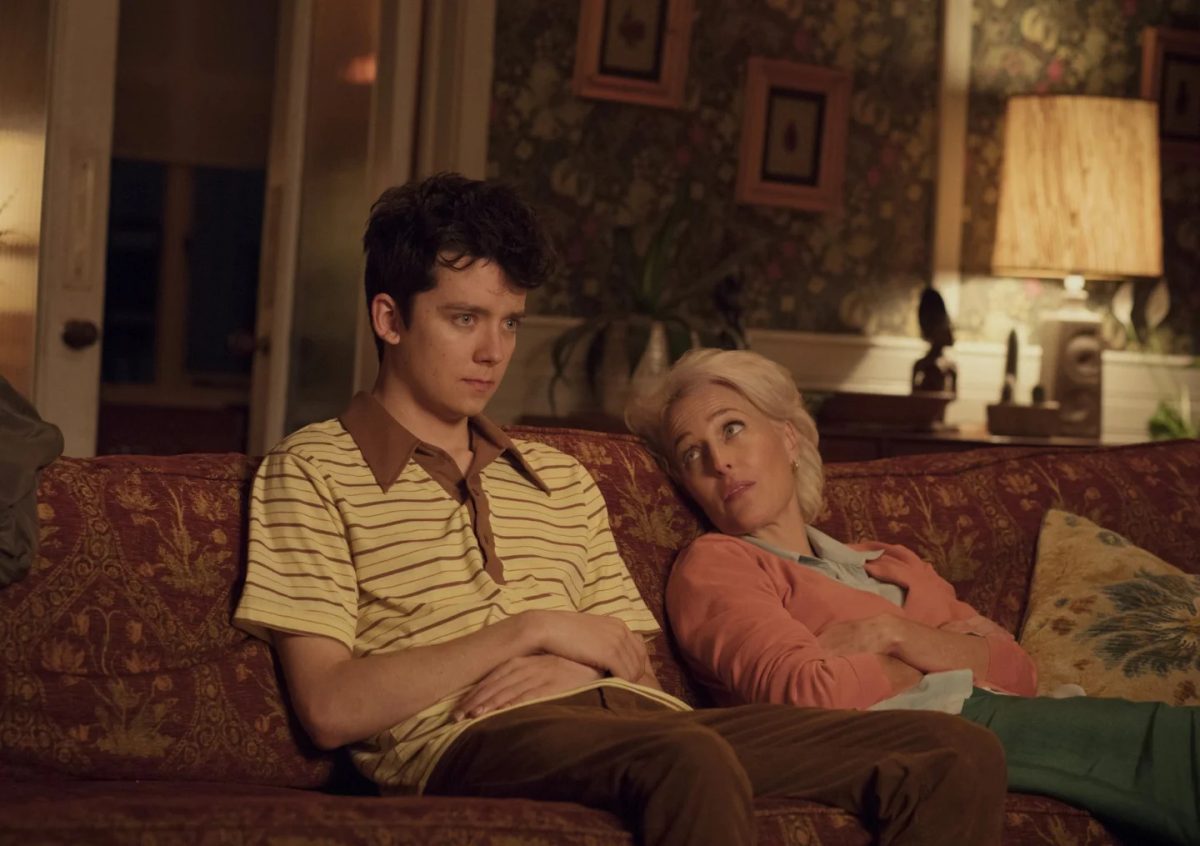The death penalty is legal in 29 states, abolished in 21 and under moratoria in four. Since 2019, 15 prisoners have been executed in five states. All except one of those executed waited more than a decade to suffer their fate they
were sentenced.
were sentenced.
With such a long period between when criminals are sentenced and the time they are put to death, one has to wonder about the value of capital punishment. It turns out, its value is almost non-existent.
One of the reasons why the punishment lacks value is because it is insanely expensive compared to sentencing criminals to life in prison. The death penalty is so expensive for a number of reasons, such as legal costs, pre-trial costs, trials and more. Many of these expenses are also present in non-death penalty cases, but not to the same extent. Death penalty trials alone can last four times longer than non-capital trials, incurring a myriad of expenses.
Louisiana’s capital punishment system costs taxpayers at least $15.6 million a year, more than a system with life without parole as the maximum sentence, according to a study done by former Chief Judge of Orleans Parish District Court Calvin Johnson and Loyola University Law Professor
William Quigley.
William Quigley.
The study also found that Louisiana spent more than $200 million on the death penalty system in the last 15 years. The numbers from this study are believed to be conservative estimates of the actual costs, as costs of prosecution and court were not factored in.
The cost we pay as taxpayers for capital punishment has been estimated to be as high as three times the cost of a non-death penalty case. I thought the goal was to spend less taxpayer money?
Not only is the death penalty not fiscally beneficial to the state, but researchers have also found the punishment lacks any of the societal effects many believe it to produce.
The death penalty is thought by many to deter capital offenses in the country. I mean, who wouldn’t be afraid of dying? Except, there’s no evidence to prove that it does. According to a 2012 study by the National Research Council, which reviewed all of the deterrence studies relating to the issue, there was no credible evidence that the death penalty deters murder.
In fact, the southern region of the nation, which accounts for more than 80% of executions, has the highest murder rate. Some states that abolished the death penalty even saw a decrease in capital offenses.
Quite frankly, the death penalty is not accomplishing any of its designed purposes besides ending lives. It doesn’t even help the healing process for survivors of the victims in death row cases.
Death row inmates are entitled to a series of appeals to help limit mistakes within the process. Some of these appeals can last a decade, drawing out the pain and being a constant reminder for survivors affected by the crimes. With each appeal, the decision of the case hangs in the balance, which doesn’t
give survivors the closure they seek.
give survivors the closure they seek.
In comparison, a life sentence in prison is a signed, sealed and delivered outcome. At the very least, survivors don’t have to deal with the trauma that each stage of the death penalty process brings. A study by the Marquette Law Review even found that a life sentence in prison, rather than capital punishment for those who harmed their loved ones, led to higher levels of physical, psychological and behavioral health for the families involved.
The biggest problem for most opposers is the verification of death row inmates’ guilt, and rightfully so. Any rational person can admit the American justice system does not treat everyone fairly, not that it was ever designed to do so. Innocent people have been executed, which is terrifying to think about. Death is the ultimate punishment, an ending that can never be reopened. Since the 1970s, over 160 people have been exonerated. What if their innocence wasn’t found? An innocent person would have died—an outcome no one should support.
The death penalty was created because early civilizations did not have an alternative to ensure the incapacitation of those who committed major crimes. In some places, it was even used as a form of entertainment. Our current society has no need for such an archaic and primitive process.
Sentencing criminals to life in prison without parole is more effective and cost-efficient. The sentence is essentially a sentencing to death but in prison. The death penalty lacks any substantive value, as found by many studies, and should not permitted in the U.S.
Maya Stevenson is a 20-year-old English and philosophy junior from Baton Rouge, Louisiana.







